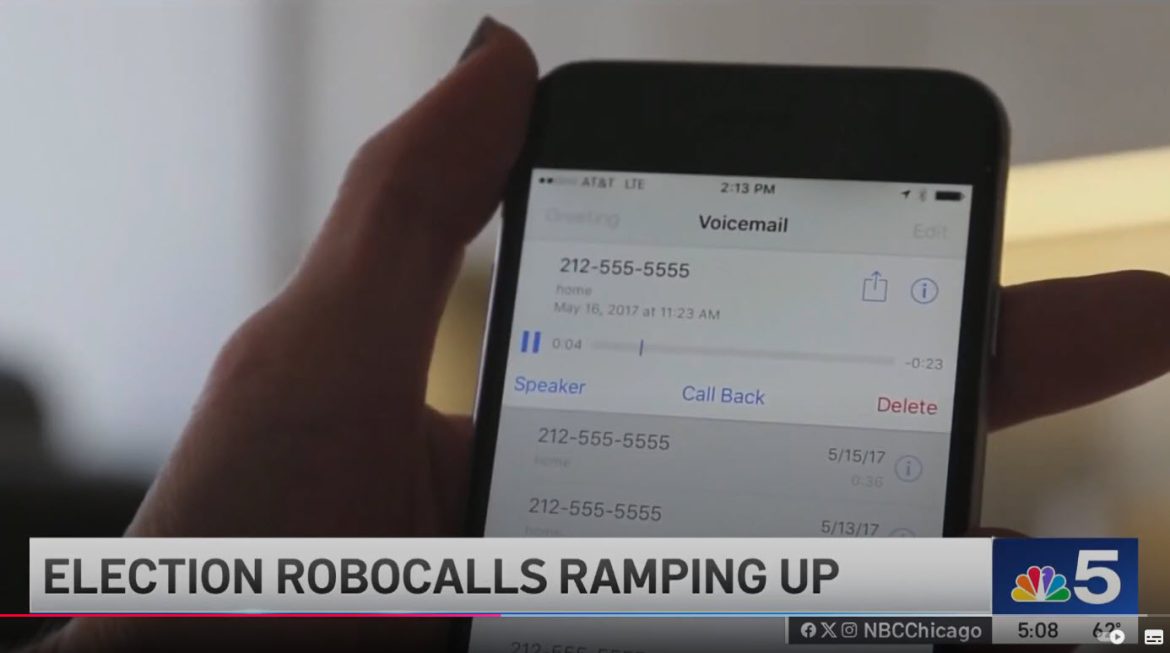With less than a week before election day, political robocalls and text messages are reaching new heights, bombarding voters with campaign updates, reminders, and voting appeals. Even individuals who have registered on the national “Do Not Call” list are not immune to this flood of calls, sparking questions about how and why these communications persist. According to Teresa Murray, a consumer watchdog with the Public Interest Research Group, the reason lies in the fine print of agreements most people unknowingly consent to, often through interactions with campaign websites, social media platforms, or even third-party companies.
Murray explains that political calls and texts are exempt from the national “Do Not Call” registry. This exemption allows campaigns to legally contact registered voters, regardless of their prior preferences, as political messages are not bound by the same restrictions as telemarketing or commercial spam. However, Murray reassures recipients of text-based campaign messages that responding with “STOP” can effectively end the barrage of messages. Unfortunately, stopping robocalls is more challenging, as these calls are harder to block and often originate from a range of phone numbers.
Political campaigns often use automated systems to reach large numbers of voters in a short time. These automated texts and calls serve as last-minute reminders to vote, issue-specific endorsements, and even appeals for donations. While they may be informative for some, they are intrusive for others, with complaints about these communications steadily rising as election day approaches.
The use of robocalls is a strategic move in close elections, allowing campaigns to target swing voters, emphasize crucial issues, and encourage turnout. Nevertheless, consumer advocates warn that people should remain cautious about what they agree to when interacting with campaign materials online or by phone, as these interactions may grant campaigns permission to contact them repeatedly. In addition to sending “STOP” to end text messages, voters can also take steps such as registering complaints with the Federal Communications Commission (FCC) or using call-blocking tools, although these options may not entirely eliminate political robocalls.
For campaigns, the benefits of reaching voters directly outweigh the drawbacks of potential frustration, and the volume of calls and texts is expected to remain high until election day. As voters sort through these communications, many are left weighing the fine line between informative outreach and intrusive messaging, while consumer rights groups continue advocating for stronger restrictions on political robocalls.



